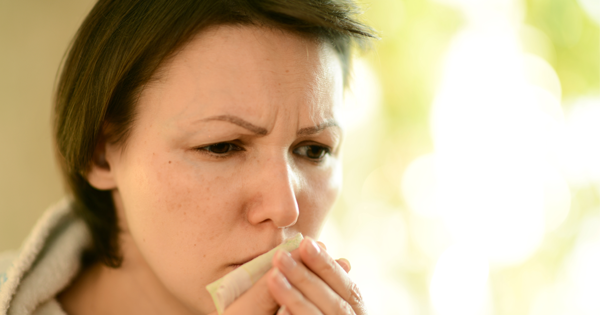It’s a difficult problem: we have a whooping cough vaccine, but cases are still rising. In 2014, there were 28,000 cases, down from a few years ago but higher than any year between 1970 and 2001. However, this may not, and most likely isn’t, a fault of the vaccine.
Though the idea has been floated around in the past few years that the spread of pertussis may have something to do with the waning effects of the vaccine, or the fact that its use has not been spread widely enough. But Benjamin M. Althouse and Samuel V. Scarpino, postdoctoral fellows who have done extensive research on the history of whooping cough, have found three main reasons for the rise.
First, there’s the switch in vaccines. The new vaccine that has been in use since the 1990s is the best vaccine we have, but unfortunately, it has the added effect of hiding infections in those with the vaccine. The person infected has been effectively vaccinated, but they’re still at risk to spread the infection to others. This is a problem for a vaccine that, unlike more common vaccines, isn’t as widely used.
This goes hand in hand with the other problem: herd immunity doesn’t work with the new vaccine.
If you’re unfamiliar with herd immunity, think of it this way: if a large majority of the population has the vaccination for measles, but one child is allergic to the measles vaccine, everyone else’s new immunity to the measles will protect that one child from getting infected. This is how almost all vaccines work, and it what makes them so effective.
Not so for the whooping cough vaccine. In fact, Drs Althouse and Scarpino found that this essential herd immunity is almost impossible with this vaccine, due to whooping cough’s inability to go unnoticed in the infected.
What can we do about it? The answer, it appears, is a new vaccine. But until then, it’s even more important to get the current vaccine, even with its imperfections. The more people who have it, the more we’re protected.
What are some ways that you keep infection and disease at bay?





